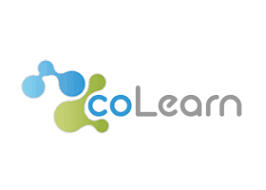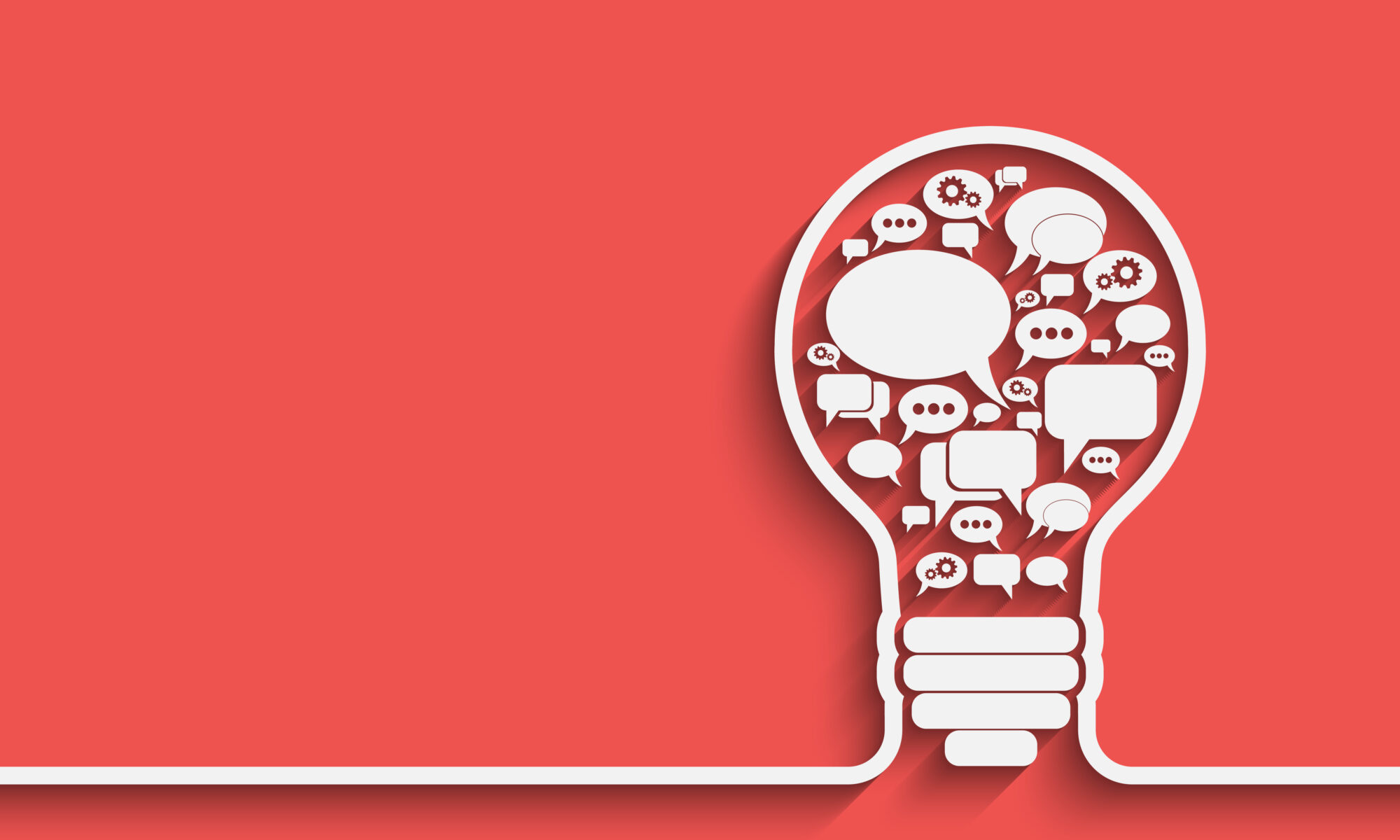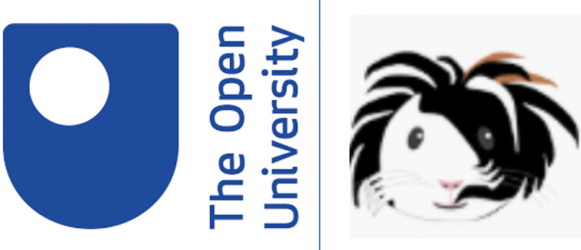
Principal Investigator: Dr. Ale Okada (The Open University, UK)
Universities:
UK: OU, UCL, LSE, KCL,UCAM, UO
Brazil: PUCSP, PUCPR, UNEB, UFSC, UFRJ, UFF, UNIFEI, UFCA, UFAM
Portugal: UA, UL, UMinho, UCoimbra
Spain: UB, UOC, UNED, UOC
Greece: HOU
Romania: VUT
NGO: Anjos Digitais, Instituto Crescer, Cuboz
GOV: UNDIME, IBICT , SEDUC ,
CSO: Senai, Sebrae, Senac, Sesc, Senar
Enterprises: IBM, Johnson & Johnson, Natura, Nestle,
SME: Mastery Science, Exus AI Lab, Loba,
Focus Countries: Brazil, Portugal, UK, Spain, Italy, Germany, Greece, Cyprus, Türkiye, Finland, Norway, Denmark, Austria, and Brazil
Funders: William and Flora Hewlett Foundation, European Commission, CAPES, CNPQ,
Project Period: 2000-2030
The COLEARN project, led by Dr. Ale Okada, was initiated in 2000 in Brazil at PUC-So and expanded in 2006 at the OU-UK in KMI with support from the OpenLearn platform developed by The Open University’s Knowledge Media Institute. COLEARN stands for Collaborative Open Learning and focuses on exploring innovative approaches to Open Education that promote co-creation and open knowledge sharing through digital technologies.
COLEARN supported various initiatives such as OpenLearn (2006-2009), OpenScout (2010-2012), weSPOT (2013-2015), and ENGAGE (2014-2017) in KMI; TESLA (2017-2019) in IET and then, OLAF (2020-2025), CONNECT (2020-2025), OpenSchooling Together (2020-2030) and METEOR (2025-2030) in WELS – ECYS.
Its objective is to investigate the transformative impact of collaborative learning in a variety of educational contexts that promotes engaging (fun) and equitable learning supported by peers and experts. The project leverages the concept of colearning, originally defined by Frank Smith in 1996 and inspired by Paulo Freire’s approach to emancipatory education, which emphasizes shifting the roles of teachers and students towards being colearners—partners in the collaborative creation of knowledge.
Dr. Okada’s research (2002, 2006, 2008) has been instrumental in defining colearning as “learning together for co-creating open knowledge through digital technologies.” This approach has gained traction with the rise of Web 2.0, which allows for the creation and sharing of user-generated content, fostering a more open and participatory learning environment. The COLEARN project builds on these principles, promoting a philosophy of openness where educational resources are co-authored and widely accessible, supporting a global community of practice.
Key features of the COLEARN approach include positioning educators as facilitators of competence and knowledge, recognizing students as colearners and coauthors, and embracing a flexible curriculum that integrates both formal and informal learning. The project also emphasizes the use of open multimedia content, co-evaluation, peer-review assessment, and collaborative learning paths, distinguishing colearning in social networks from traditional e-learning in Virtual Learning Environments (VLEs).
The COLEARN project seeks to empower participants by fostering critical thinking, creativity, collaboration, and responsible citizenship through emancipatory education. By engaging with diverse educational practices across its focus countries, the project aims to contribute to the ongoing development of innovative, open, and inclusive learning environments supported by the following emerging technologies:
- Open Educational Resources (OER), Open Data, Open Science, and Open Access Platforms
- Applications: Freely accessible educational content, MOOCs (Massive Open Online Courses), and open-access journals.
- Impact: Democratizes access to high-quality educational content, promotes collaborative knowledge sharing, and reduces the cost of education.
- Learning Management Systems (LMS), Big Data, and Analytics
- Applications: Data-driven insights into learning, progress tracking, predictive analytics for at-risk students, and personalized content recommendations.
- Impact: Allows educators to make informed decisions, improve learning outcomes, and tailor educational interventions.
- Artificial Intelligence (AI), Machine Learning, and Natural Language Processing (NLP)
- Applications: Personalized learning paths, adaptive learning based on individual styles and progress, virtual assistants and chatbots, language learning tools, automated grading, and content summarization.
- Impact: Enhances learning experiences with tailored content and support, automates administrative tasks, and improves language learning through real-time assistance.
- Knowledge Mapping Tools, Citizen Science, and Socioscientific Inquiry
- Applications: Visualizing and organizing knowledge, creating concept maps, mapping learning pathways; platforms for public participation in scientific research; tools for exploring and analyzing social and scientific issues.
- Impact: Enhances organization and comprehension of complex information, fosters real-world scientific inquiry and collaboration, and deepens understanding of societal challenges through participatory research and analysis.
- Social Media, Collaborative Tools, and Multimedia Content
- Applications: Online forums, discussion boards, social networks, collaborative platforms like Slack, Microsoft Teams, Google Workspace, and multimedia content such as educational videos, webinars, and podcasts.
- Impact: Facilitates peer-to-peer learning, community building, real-time collaboration, and engagement through diverse multimedia content.
- Gamification and Game-Based Learning
- Applications: Incorporating game mechanics into learning platforms, serious games, and interactive simulations.
- Impact: Increases motivation, engagement, and retention by making learning more interactive and fun, while also enhancing problem-solving skills.
- Immersive Technologies (XR, VR, AR) and Maker Lab Technologies
- Applications: Immersive learning experiences through Extended Reality (XR), including Virtual Reality (VR) and Augmented Reality (AR); virtual classrooms, interactive simulations, virtual labs, robotics, and 3D printing in maker labs.
- Impact: Enhances engagement and interaction, provides hands-on learning opportunities in a virtual environment, and facilitates experiential learning in fields such as medicine, engineering, and history. Robotics and 3D printing further enable practical skills development and innovation through hands-on creation and problem-solving.
- Internet of Everything (IoE)
- Applications: Smart classrooms, connected devices for hands-on learning, and data collection from various learning environments.
- Impact: Supports real-time data collection for better understanding learning environments and enhancing interactive learning experiences.

